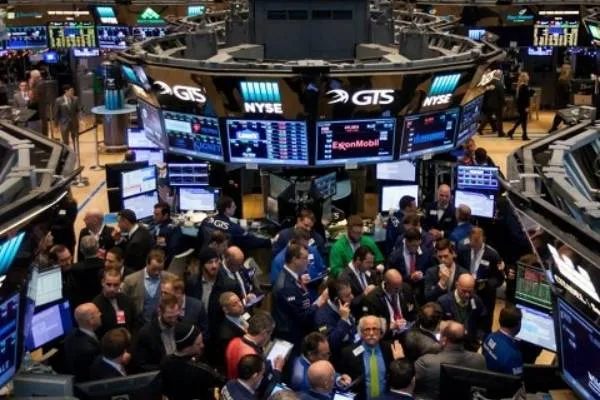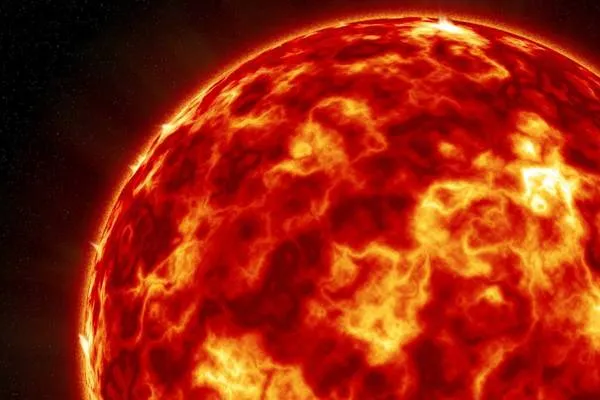GLOBAL MARKETS - Defence and energy stocks rose on rising tensions in the Middle East
Istanbul, October 2 (Hibya) - As tensions escalated in the Middle East, shares in the defence and energy sectors rose, airline shares fell due to flight cancellations, and shares of sports product companies fell due to the possibility of match and tournament cancellations.
The pan-European Stoxx 600 was up 0.35 percent in opening trade, with most sectors and major bourses moving in the green. Oil and gas stocks added 2.42 percent on the prospect of supply disruptions in the Middle East, while travel and leisure stocks dipped 0.25 percent as airlines diverted flights out of the region.
On the stock front, Defense companies ticked higher on rising conflict risks, with Saab and BAE Systems adding 2.2 percent and Thales and Rheinmetall rising more than 1.3 percent, respectively.
In the meantime, the shares of British sports retailer JD Sports fell by 3.5 percent, even as the company reported expectation-beating revenues and profits for the first half. It comes as revenues at Nike, whose products it sells, fell short on Tuesday.
The cautious uptick follows a negative start to the trading month on Wall Street, with the Nasdaq Composite shedding 1.5 percent and the S&P 500 losing 0.9 percent, after Iran launched a ballistic missile attack on Israel in retaliation for its recent killing of Hezbollah leader Hassan Nasrallah and an Iranian commander in Lebanon.
The attack came on the heels of Israel’s deployment of ground forces into south Lebanon, escalating its offensive on Hezbollah, the Iran-backed militant group.
Oil prices spiked following the attack, while the CBOE Volatility Index (VIX), also known as Wall Street’s fear gauge, topped 20 at its high of the day.
U.S. futures remained lower in overnight trading, while Asia-Pacific markets were mixed.
Mainland China markets were closed Wednesday for the Golden Week holiday and will remain closed for the rest of the week. However, Hong Kong’s Hang Seng index traded more than 6 percent higher, signaling more optimism about Beijing’s stimulus policies.
















